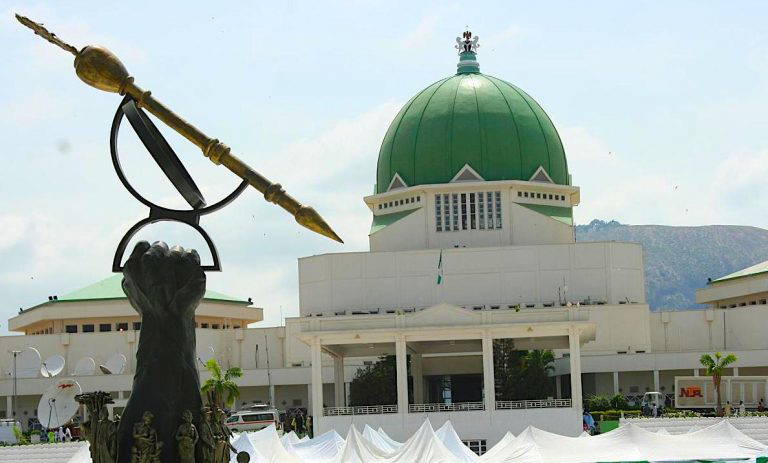The Academic Staff Union of Universities (ASUU) has expressed strong opposition to the proposed withdrawal of education tax to the Tertiary Education Trust Fund (TETFund) as contained in the tax reform bills currently undergoing public hearing at the National Assembly. According to ASUU President, Prof. Emmanuel Osodeke, scrapping TETFund could lead to the collapse of tertiary education in Nigeria.
ASUU argued that TETFund has been instrumental in infrastructural development, postgraduate training, and research capacity building in Nigeria’s public tertiary institutions over the last 15 years. The union emphasized that over 90% of capital projects in state and federal colleges of education, polytechnics, and universities during this period were TETFund-sponsored.
The proposed Nigeria Tax Bill 2024 states that only 50% of the development levy would be made available to TETFund in 2025 and 2026, while the Nigerian Infrastructural Technology Development Agency and National Agency for Science and Engineering Infrastructure would share the remaining percentages. From 2030, all funds generated from the development levy would be passed to the Nigerian Education Loan Fund (NELFUND).

ASUU views this development as a threat to the survival of TETFund and the growth of tertiary education in Nigeria. The union urged the National Assembly to protect TETFund, emphasizing that replacing it with NELFUND would be unethical and against the principle of natural justice.
Osodeke stated that the purported admonishment that TETFund should seek innovative ways of generating its funds is spurious and ill-advised, as the institution’s existence is dependent on the fund. He added that TETFund’s impact extends beyond tertiary-level education, supporting the production of quality teachers and staff in the entire educational system.
The Nigeria Customs Service also expressed concerns about the tax reform bills, identifying conflicts with some provisions of the Nigerian Customs Act 2023. Comptroller General Adewale Adeniyi urged the Senate Committee on Finance to address the anomaly ahead of the third and final reading of the bills.
The Petroleum and Natural Gas Senior Staff Association of Nigeria cautioned that the proposed reforms must not impose unintended burdens on the industry, leading to job losses, investment flight, or operational inefficiencies. The association’s president, Festus Osifo, called for a balanced approach to ensure that tax reforms support national revenue objectives while maintaining an enabling environment for petroleum industry growth and sustainability.

The Nigerian Supreme Council for Islamic Affairs submitted a memorandum on the tax bills, recommending that all sections that may directly or indirectly impugn on Shariah law be removed. The council also suggested changing the term “ecclesiastical” to “religious” to avoid excluding some religious groups.
The Senate Committee on Finance Chairman, Sani Musa, assured that the committee would critically review the submissions and concerns raised by the stakeholders for further legislative action. The committee’s response is eagerly awaited, as the fate of TETFund and the future of tertiary education in Nigeria hang in the balance.
Sources




